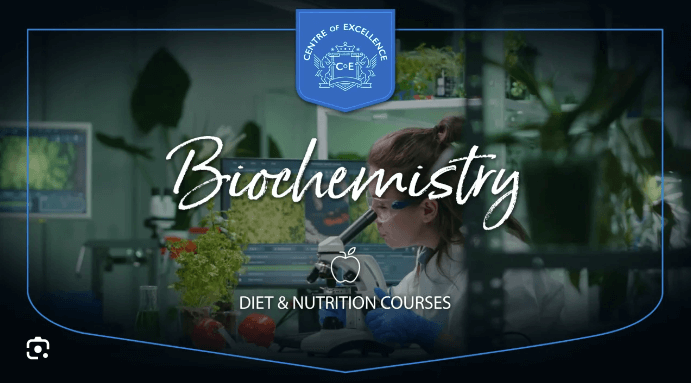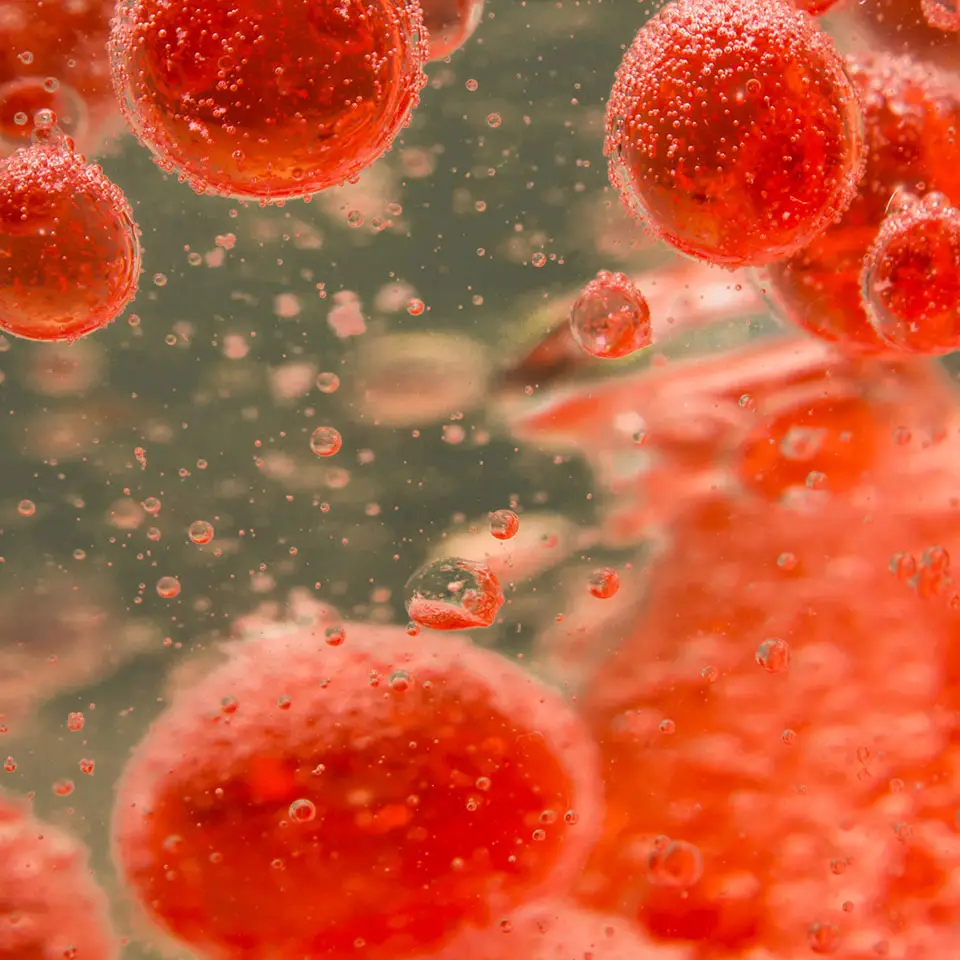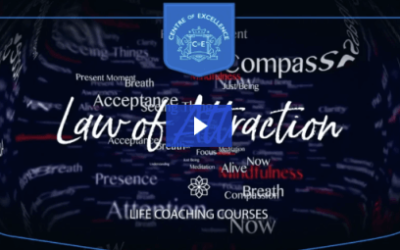Centre of Excellence – Biochemistry Diploma Course

Below is our curated insight into the wonders, designed to complement the foundational knowledge from the original course description for
Unlock the Molecular Secrets of Life: Biochemistry Diploma Course
Step into the fascinating world of biochemistry with the Centre of Excellence’s Biochemistry Diploma Course. This in-depth online course is designed for individuals eager to unravel the molecular complexities of life. Whether you’re an aspiring biochemist, a medical student preparing for your future career, a researcher seeking to broaden your understanding of biochemical processes, or simply captivated by the science of living organisms, this course offers a gateway to mastering the foundations of biochemistry.
Key Benefits:
- Foundational Knowledge in Biochemistry: Dive deep into the study of biomolecules, enzymatic activity, metabolic pathways, and genetic information flow. This course covers essential topics from the structure and function of proteins and nucleic acids to the intricacies of metabolism and cell signaling.
- Practical Applications and Real-World Relevance: Understand the practical applications of biochemistry in medicine, pharmacology, and biotechnology. Learn how biochemical knowledge is critical to addressing complex challenges in health, disease treatment, and the development of new technologies.
- Enhanced Analytical and Critical Thinking Skills: Develop the ability to critically analyze biochemical literature, experimental data, and current research. This course fosters a rigorous scientific approach, enhancing your problem-solving skills and preparing you for advanced study or careers in the biosciences.
Enroll in the Biochemistry Diploma Course and embark on a journey to discover the molecular mechanisms that drive life. With comprehensive content, expert guidance, and a focus on both theory and application, this course is your stepping stone to a rewarding career in biochemistry and related fields.
The following content is directly sourced from the original sale page to provide you with the most authentic information for
Centre of Excellence – Biochemistry Diploma Course

What Will You Learn?
The course starts by defining the subject by answering the question “What is Biochemistry?”, before you go deeper into the subject – learning what molecular biology and cellular biology are. You’ll explore the 4 main classes of molecules in biochemistry (also known as “biomolecules”), which are a large focus for biochemists – carbohydrates, lipids, proteins, and nucleic acids, and gain a greater understanding of the structure of cells and their functions.
The study of genes, genetic variation, and heredity in living organisms – you’ll learn about genetics and, in particular, molecular genetics and the various techniques used by geneticists. The course also outlines the study of genomes – the complete set of genetic material in an organism.
Human disease is an impairment of the normal state of a human being that interrupts or modifies its vital functions. The Biochemistry Diploma Course goes further in explaining human disease, looking at common signs and symptoms and exploring the numerous causes of disease and their classifications.
Aside from water, proteins are the most abundant type of chemical in the human body and as such play several crucial roles. The course explains protein synthesis and the different types and functions of the various proteins and lipids in the human body.
Most people know that carbohydrates are a source of energy for the body but they are also molecular compounds and components for other molecules. You’ll be guided through the structure and function of carbohydrates (also known as “saccharides”) and their divisions – 4 chemical groups known as monosaccharides, disaccharides, oligosaccharides, and polysaccharides.
Defined as all the chemical reactions that take place within each cell of a living organism, metabolism provides energy for vital processes and synthesising new organic material. You will be guided through its 3 major purposes and the 2 categories used to group it – catabolism and anabolism. You’ll also learn about metabolism control analysis (MCA) – a mathematical and theoretical framework used to define metabolic and signalling pathways and networks, as well as to calculate the controls over these processes.
The most essential of all biomolecules and found in all living things, nucleic acids create, encode and store information in the nucleus of the cells of every living organism. They also transmit and express the stored information inside and outside the cell nucleus to the inner processes of the cell and finally to the next generation of each living organism. You’ll be guided through the structure of nucleic acids, DNA and RNA, the biochemical properties of DNA, the types and processing of RNA, and DNA and RNA metabolism.
Organic chemistry is the scientific study of the structure, properties, and reactions of organic compounds and organic materials. Physical chemistry seeks to measure, correlate, and explain the quantitative aspects of chemical processes. To round off your knowledge, you’ll learn about both organic and physical chemistries in the Biochemistry Diploma Course.
Course Syllabus
What will I learn on the course?
Module 1: Introduction to Biochemistry
7 partsModule 2: Molecular and Cellular Biology
11 partsModule 3: Genetics
9 partsModule 4: Human Disease
13 partsModule 5: Protein Function
8 partsModule 6: Structure of Carbohydrates and Their Function in Central Metabolism
7 partsModule 7: Metabolism and Metabolic Control
8 partsModule 8: Nucleic Acid Biochemistry
7 partsModule 9: Organic and Physical Chemistry
10 partsWho Would Benefit from This Course?
Due to its complex subject matter, the Biochemistry Diploma Course is best suited to those with existing knowledge of, or a deep interest in, chemistry, biology, physics or mathematics.
If you are considering going on to further study in the field of Biochemistry, then this course will help you determine whether to make the time and financial commitment to continue studying in this area. It will also provide a good foundation of knowledge on which to build, should you decide to continue your studies.
This said, if you are interested in the science behind life and living organisms and are not put off by technical language, the Biochemistry Diploma Course provides a great introduction to this field of research.
Course Features
- Lecture 0
- Quiz 0
- Duration 10 weeks
- Skill level All levels
- Language English
- Students 37
- Assessments Yes








